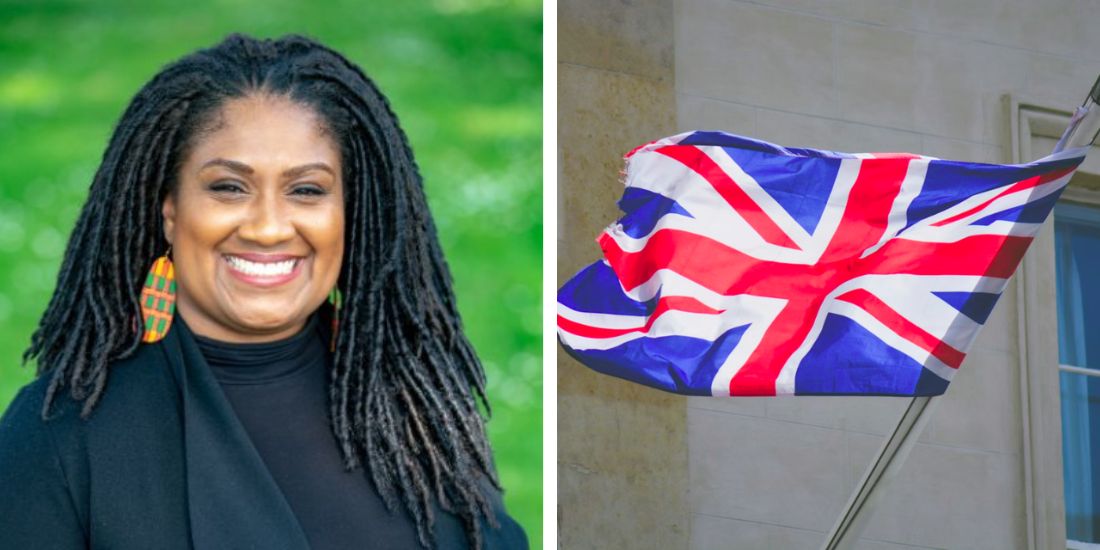Can a “Tea Party” Republican be pro choice? Can a New England Democrat be in the NRA and/or “open carry” a handgun? Can a Libertarian support NSA’s metadata collection? Could all three – also – be gay, lesbian and/or support marijuana decriminalization?
Sure, this is America – a place where a “middle of the road” member of either major party can have a belief – or set of beliefs – totally inconsistent with those of a “hard core” member of that same party. And, where a long-term and loyal Democrat or Republican can be very upset with the current direction of their party.
In fact, it’s not difficult to understand why the majority of Americans continue to describe themselves as “independents” in political surveys.
Accordingly, it’s the purpose of this short piece to isolate a series of modern social and security policy issues that tend to separate Americans from their major political party’s so-called “core political beliefs”.
Some examples:
- Many Republicans, who traditionally favor “peace through strength”, are upset with the RNC’s recent vote to investigate the NSA’s collection of metadata signals intelligence. This when the Democratic Chairman of the Senate Intelligence Committee has been generally supportive of NSA’s work, including the collection of “metadata”.
- Many Democrats, typically from Southern and Western states, are upset with various state and federal Democratic Party policy stands on Second Amendment issues. It turns out that American gun owners and shooters occupy an extremely wide political spectrum.
- Republicans and Democrats who are tired of their party’s obsession with the whole spectrum of sex, marriage, reproduction, and other so-called “below the belt issues.” These include many people whom – while personally enlightened and open minded – may strongly disagree with their party’s disproportionate attention to these issues.
- Democrats and Republicans who are increasingly uncomfortable with the degree of mix of religious issues and religion within their party.
- Republicans, embarrassed and disenchanted with the national security policies in the administration of George Bush, specifically the invasion of Iraq [especially remaining there long after the WMD issue was resolved] and the spendthrift Republican Congress that both encouraged and incentivized the Democrats to spend even more – both parties complicit in increasing our national debt to irresponsible levels.
- Democrats, who have seen their party move uncomfortably to the extreme left, embracing the social welfare policies of our failed inter-cities, e.g., Chicago and Detroit – and, in this context, many Democrats recall the prophetic words of 2008 presidential candidate Hillary Clinton: “Shame on you Barack Obama!”
- Democrats and Republicans who generally supported health insurance reform – albeit a step at a time – were essentially lied to by our President [and Congress] who passed [apparently without reading] mostly entitlement- based legislation, requiring huge government payments and encouraging long-term dependency.
So, where do we go from here, whom do we next pick to lead us – and how do we decide?
How about the Democratic frontrunner, Hillary Clinton? Sure, she could have been better for us these past few years than was Obama, however, she drags around lots and lots of baggage, e.g., Bill, “sniper fire,” and most recently her irresponsible comment about the Benghazi attack: “What difference does it make?”
Then, there’s VP Joe Biden. Get serious – can you imagine a video collection of only his more witless gaffes? It could run for hours. We deserve much better.
On the Republican side we have the likes of Rand Paul, the Tea Party libertarian, doctor, senator, and a guy with way too many unrealistic and naive national security and foreign policy beliefs – mostly reminiscent of the 19th Century.
Then, we seem always to have a smattering of former generals, usually with one or more character trait in common: Total political opportunism and a penchant for statements of the obvious. In this respect, I note that Colin Powell has apparently decided that he’s a Republican – again.
You may have noticed I haven’t – so far – used the words “liberal” or “conservative.” Such is not really necessary to make the points above.
However, with the continued absence of truly enlightened conservative leadership, the trend for our future national elections is not at all positive. Why? Because what we have today is a whole series of derisive – but primarily social – issues allowing liberal politicians to build massive coalitions, this while conservatives further divide themselves into irrelevancy, mostly with “below the belt” and religious-based issues.
To set up properly the national debate, we need the re-emergence of “truly enlightened conservative leadership” in the spirit of Ronald Reagan. Traditionally, this has meant strong national security, government fiscal responsibility, and self-sustaining economic prosperity – while most of the social “issues” should be left at home, where they belong.





